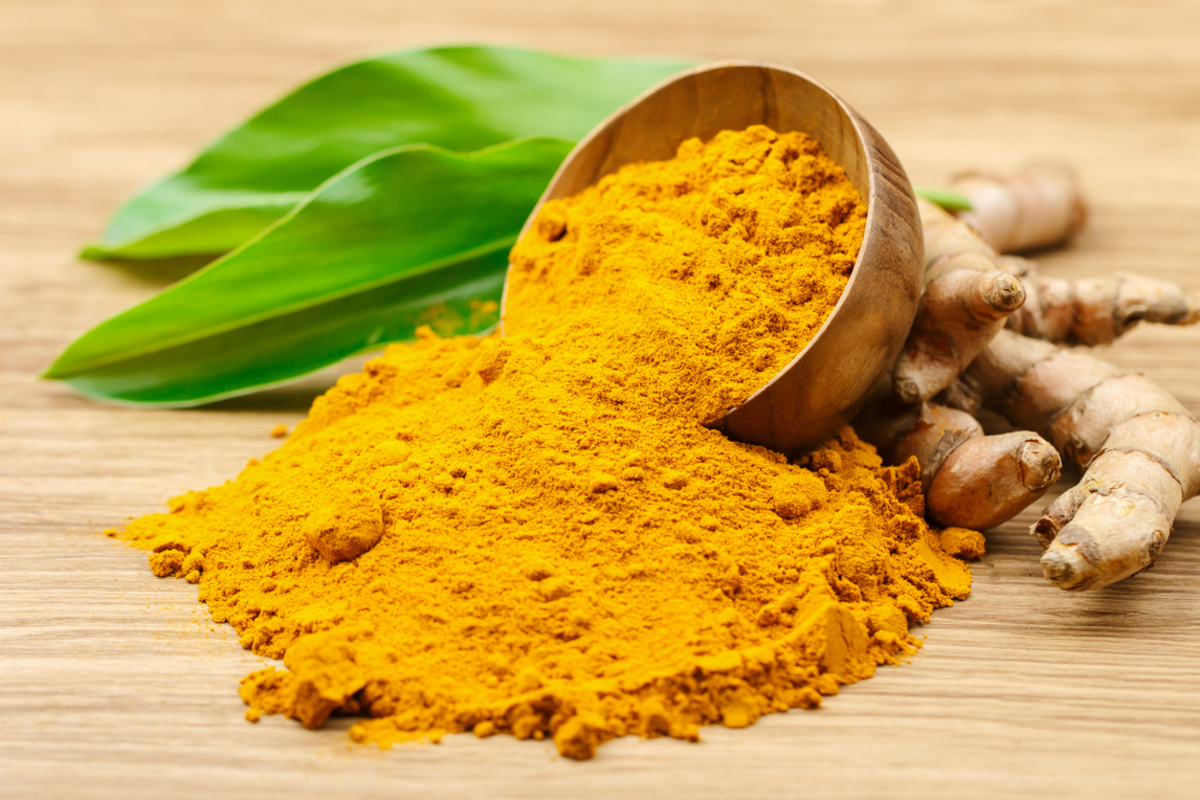As we continue our quest to find good alternative therapies for Alzheimer’s disease, our journey takes us to India. A country already known globally for its exotic dishes and culture, one key ingredient in Indian cuisine could be a potential therapy for one of the most common degenerative diseases in the world.

What can turmeric do for your brain?
Turmeric, or curcumin, is a common spice in the Asian world. It is also becoming a potential research target for various reasons. As we are becoming more globalized year after year, ideas and information are exchanged at a much faster rate. Epidemiological studies that compare diseases rates across cultures are now trendy in research circles.
As data continues to pour in to shed light on the mechanisms of neurodegenerative conditions, it is also now known that turmeric could be a useful candidate in the treatment of neurodegenerative conditions.
If you have been keeping up with our articles already, you should not find this to be totally surprising. As we have seen with supplements like omega-3, strong antioxidant properties tend to be at least somewhat effective at reducing inflammation. This matters, because Alzheimer’s disease is marked by chronic inflammation that leads to brain depletion.
One interesting observation made recently was the fact that patients who had a history of frequently using pain-killers such as Ibuprofen or other NSAIDs (non-steroidal anti-inflammatory drugs) tended to have much lower rates of Alzheimer’s compared to the general population.
Even if this may be true, it is not recommended that you start taking a prophylactic dose of Ibuprofen every night before bed because these substances are toxic to the kidneys when consumed over long periods of time. That is why it is important to target natural foods that can also reduce inflammation but will not be a cause of renal failure.
Not only do researchers think that turmeric could potentially be used in the treatment of Alzheimer’s disease, tests are currently also underway to determine if this spice could have any impact on patients suffering from conditions like Parkinson’s Disease, Multiple sclerosis, Huntington’s Disease, and even after a stroke. Considering that the treatments for these conditions have strong associated side effects, a natural alternative to these drugs that is better tolerated could be a very useful therapeutic option to consider.
Could turmeric reducing your risk of Alzheimer’s disease?
Considering the potent properties of this compound, results so far are intriguing.
When reviewing the epidemiological studies comparing Indian and American cultures, it is known that Alzheimer’s disease occurs up to 4.5 times more often in the United States than in India in patients between the ages of 70 to 79.
One of the most likely explanations can be found in dietary differences. What further points towards diet as a chief culprit in this equation is seen when comparing Indians who eat curry to those who did not. Patients who ate curries at least once a month did much better on cognitive exercises compared to those who did not eat curry.
Another interesting fact is that dementia seems to be less frequent in Asian populations compared to North America and Europe. As of now, numerous research efforts have been attempted to determine if this can be scientifically supported. In one animal study, mice were fed low-levels of turmeric and then analyzed to determine the effect on the brain. Animals fed turmeric had much less damage from inflammation, and a lower concentration of amyloid proteins compared to the mice who did not receive this specialized diet.
Amyloid proteins are the leading theory attempting to explain why Alzheimer’s occurs. As these misfiled proteins begin to accumulate in the brain, inflammation strikes. As a person ages, this inflammation becomes more chronic and signs of brain damage become more obvious.
As we have seen in the past, however, you cannot put too much faith in the results seen in animal studies because we are much more complex physiologically compared to rodents.
When trying to locate studies on the effects of turmeric on human trials, data was hard to find. This suggests that even if it can work in animal models, it does not seem to be effective in human studies. A reason for this stems from the way turmeric is digested and absorbed into our bodies.
Turmeric is insoluble in water and will typically be passed through the body with only a small fraction of the compound being absorbed. Studies found that you would have to consume nearly 8 grams of turmeric powder to find any noticeable quantities in blood samples. Considering the potency of this spice, not may patients would be willing to ingest such a large quantity to even reach detectable levels as a way to treat Alzheimer’s.
The turmeric that was able to reach the blood was also digested very quickly so the effects of this type of therapy will be short-lived. I can understand why researchers are targeting turmeric as a potential treatment for colon cancer because of these specific properties. Not only does turmeric provide a nice taste to a curry dish, but it is similar to fiber that we get from vegetables. It helps promote digestion and eases the passage of fecal material through the intestines. Turmeric is a natural laxative that will help reduce the inflammation that can lead to future colon cancer.


Your thoughts on this